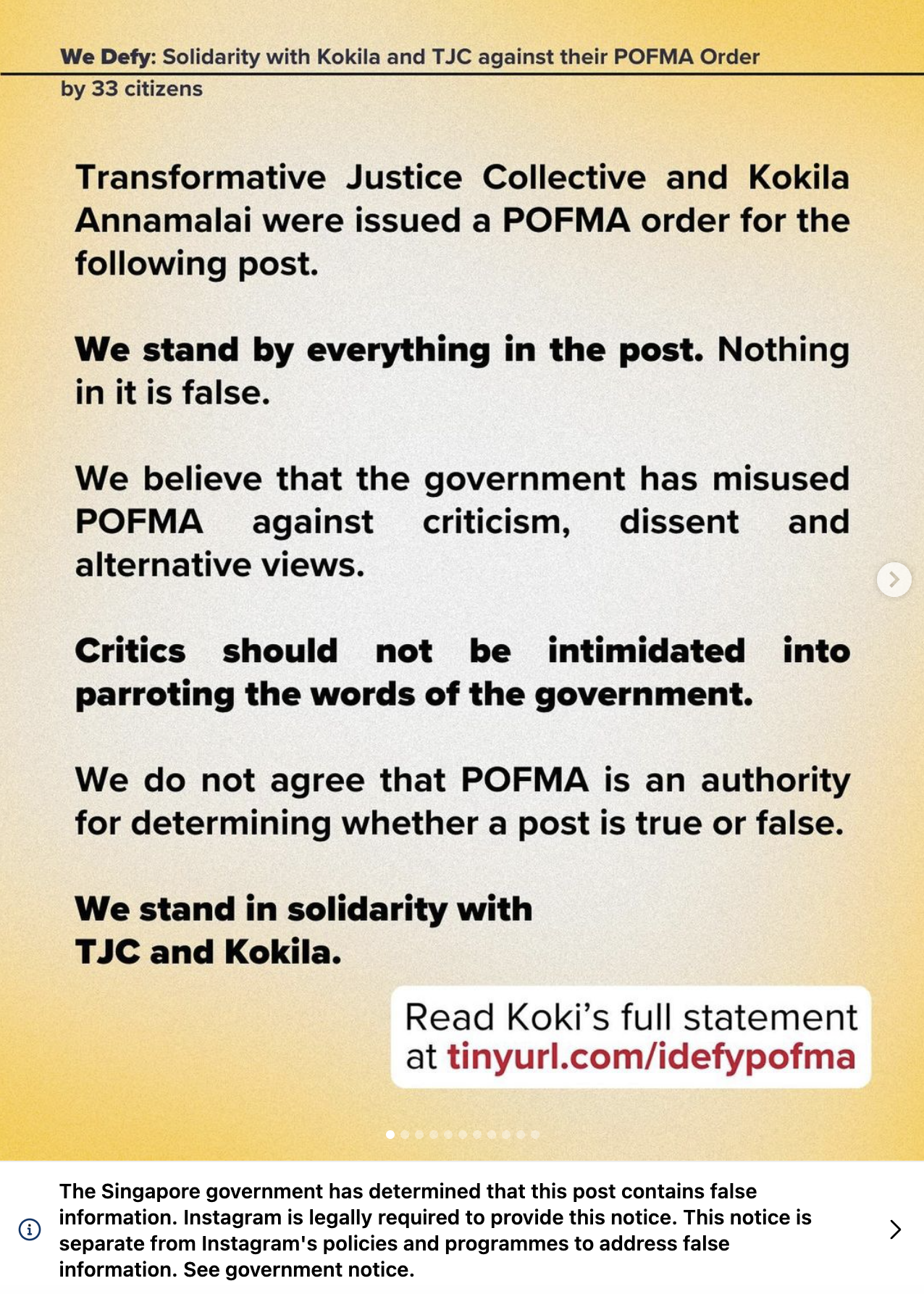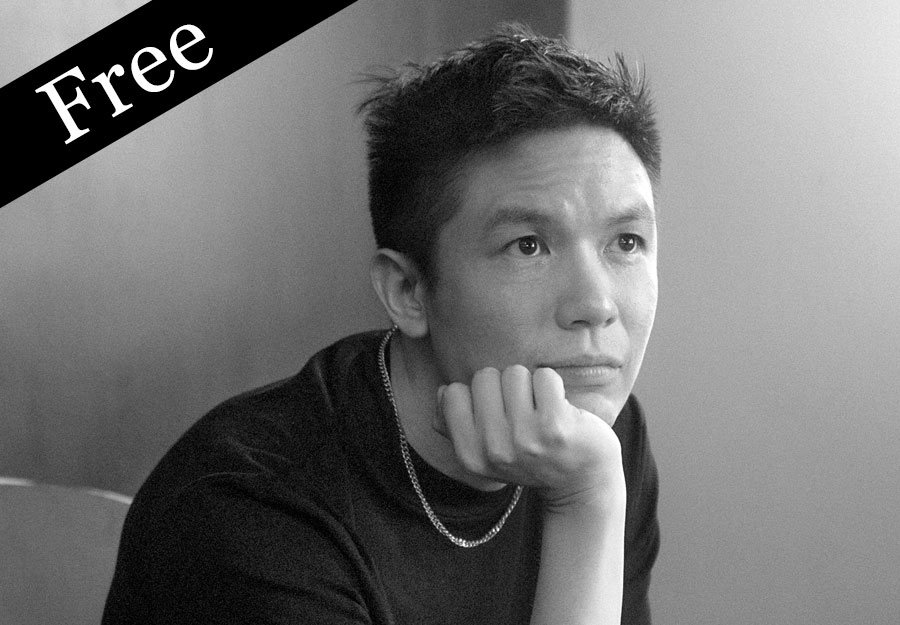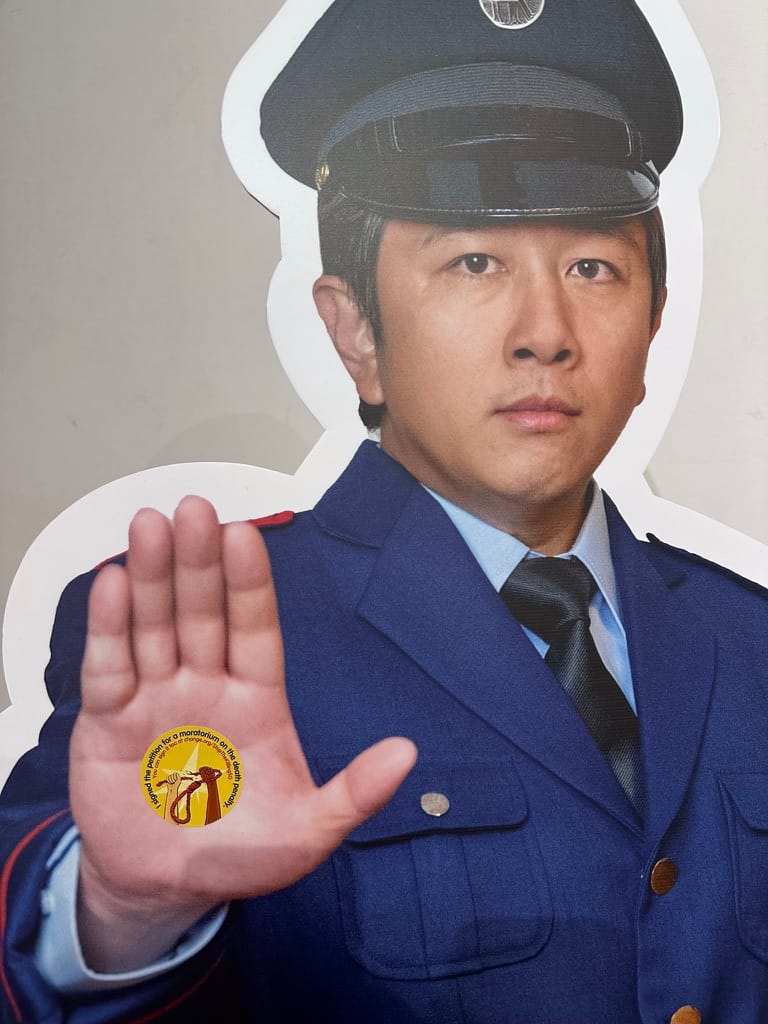Greetings from Australia! The change of air/pace was certainly needed. The result of the US presidential election, not so much. That was a shitshow fr... wrote a little blog post about it.
(1)
What happens when POFMA is itself used to spread misrepresentations and falsehoods? Many of us have said from the very beginning that the Protection from Online Falsehoods and Manipulation Act is bad law, ineffective against actual hostile influence operations yet ripe for abuse as an instrument of oppression and government control. Recent uses of POFMA, particularly by Minister for Home Affairs and Law K Shanmugam, have demonstrated this.
As mentioned in a previous newsletter, Kokila Annamalai is defying POFMA. "It is a gross abuse of power to force those with an opposing view to discredit and humiliate ourselves, to publicly 'confess' to spreading falsehoods when we have done no such thing," she wrote in her statement. The Guardian has also covered this story.
In a show of solidarity and resistance, some of us republished the post that Koki (and also the Transformative Justice Collective) had been POFMA-ed for. We expected some POFMA action to happen, and it did: instead of POFMA-ing all of us individually, Shanmugam told the POFMA Office to send a Targeted Correction Direction to Meta (who operate both Facebook and Instagram, the platforms on which we posted). The direction targets 40 pieces of content in total: 10 posts on Facebook and 30 on Instagram. As individuals, we don't have to do anything, but Meta has to inform users who've seen our posts that "they contain false statements", which is total bullshit.
Meta has complied, because I (and multiple friends) received this notification today: "You may have seen info the Singapore government has determined to be false. Instagram is required by law to notify you."

I suppose, looking at the number of posts, MHA decided it would be better to go to Meta directly than send out multiple POFMA orders. It's more 'efficient' this way, and they also get to avoid the awkward situation of more people joining Koki in refusing to comply with POFMA directions.
"By re-posting the TJC Posts on 23 and 24 October 2024, those individuals had chosen to communicate falsehoods that they knew or should have known contained false statements," the Ministry of Home Affairs wrote in the press release. This language echoes Section 7 of POFMA, which criminalises sharing statements while "knowing or having reason to believe that it is a false statement of fact" that would be "likely" to do things like hurt national security or public tranquility, or undermine confidence in a public institution. The maximum penalty under Section 7 for an individual is a fine of up to $50,000 and/or a prison term of up to five years. This is harsher punishment than refusing to comply with a POFMA direction; we've not seen anyone charged under this section before, so we'll have to wait and see if the government decides to take action.
As one of the Singaporeans who republished the post, I completely reject MHA's statement. There are no false statements in the post. Shanmugam just doesn't like our opinion on and interpretation of the facts, so he's using his power as a minister to brand the post "fake news" and assert his preferred narrative. Although TJC complied with the POFMA direction, we issued a statement making it clear that it was under duress:
TJC categorically rejects the government’s claim that we have spread falsehoods. That K Shanmugam, the Minister for Home Affairs, can order us to publish Correction Directions under POFMA is a demonstration of state power, not of truth-seeking. We have put up the Correction Directions not because we accept any of what the government asserts, but because of the grossly unjust terms of the POFMA law. We are choosing to reserve what resources and energies we have for our abolitionist work. We will not waste our money, time or energy to engage in long drawn-out fights with the state over a law that, in our view, is little more than a political weapon used to crush dissent and is rapidly losing any credibility it had in the eyes of the Singaporean public.
(2)
Here we go again: another banned film. The Infocomm Media Development Authority (IMDA) has refused to classify Small Hours of the Night, a film by Daniel Hui. The psychodrama was supposed to be screened at the Singapore International Film Festival, but is now listed as "not available for screening".
Hui was profiled in Mekong Review's August 2024 issue, where you can also read a little about Small Hours of the Night:

The film draws on the story of Tan Chay Wa, a political dissident and member of the military arm of the Communist Party of Malaya. Tan was convicted under the Essential Security Cases (Amendment) Regulations (ESCAR) in Malaysia and hanged in Kuala Lumpur in 1983. Tan's older brother, Tan Chu Boon, brought his body back to Singapore for burial, but got into trouble himself—he was prosecuted and jailed over his brother's tombstone on which, according to the court, "was engraved in Chinese characters an inscription which tended to advocate acts prejudicial to the security of Singapore".
Decades later, a film drawing on this story of censorship has itself been censored. This isn't just a bummer for Hui and the film festival; it's a loss to all Singaporeans. It's a demonstration of the state's expansive and long-standing control over the things Singaporeans (are allowed to) encounter, read, see, hear—their power stretching from cinemas to cemeteries.
(3)
Chinese state-sponsored hackers have been accused of hacking Singtel earlier this year. Bloomberg News reported that investigators believe the perpetrators came from a hacking group known as Volt Typhoon, and that this was a "test run" for further hacks against other telecommunications companies, especially US ones. SingTel told the press that its "protective and detective measures picked up the malware and eradicated it". The company also told the IMDA and Cyber Security Agency of Singapore that there has been no data loss and services haven't been affected.
Meanwhile, a Singapore-looking website with mostly AI-generated content has been linked to a Russian communications agency. This was one of the 10 websites blocked by the government recently on the grounds that they could potentially be used for disinformation operations. It's really easy these days to set up websites purporting to be local media outlets, using AI to steal and churn content. Based overseas and likely lacking real humans in editorial teams, such platforms are also pretty impervious to POFMA directions.
It's more important than ever for Singaporeans to hone critical thinking and media literacy skills, so we can be more savvy when navigating online spaces and media sources. Instead, our government is busying censoring and controlling expression—acts that make it harder for us to be discerning audiences adept at navigating conflict and contested perspectives.
On my radar...
I'm so late to this because ONE OK ROCK released this album in 2019, but I've been really getting into it lately. This seemed like a fitting song to share with this newsletter.
It's like they're holding their gun to our heads
They're tryin' to tell us what to think
We're stuck on the edge
So go ahead and push us
We'll get up and push back
Push back


